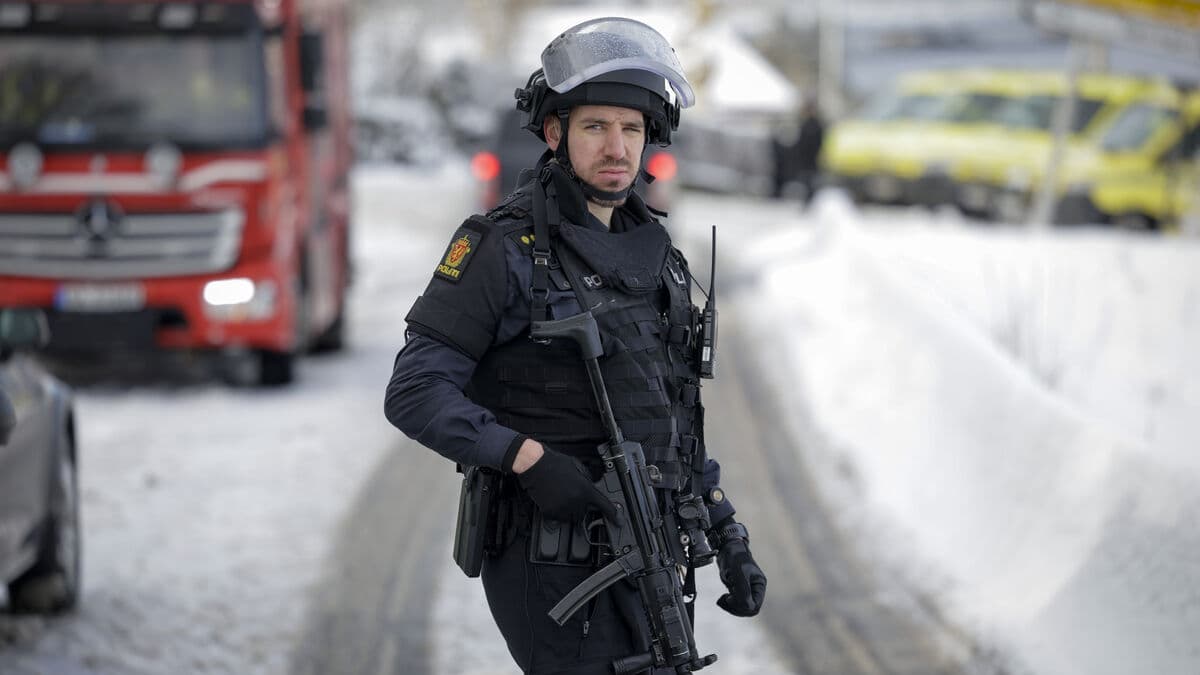The Prosecution Authority fears in its statement on the proposal that a reduction would mean that serious crime is "pushed down even more in ages".
The police come with a similar warning that there is a risk that even younger children than today are involved in criminal activities.
That risk, according to the Göta Court of Appeal, "speaks strongly" against a reduction of the age of criminal responsibility.
"Not in the best interests of the child"
The Government's investigator proposed in January that the age of criminal responsibility is reduced from 15 to 14 years for crimes that have a minimum sentence of four years in the penalty scale.
Even the National Board of Health and Welfare is critical and points out that no new knowledge has emerged about children's development that makes it more reasonable to consider a 14-year-old mature enough to be held accountable for crimes. The authority also points out that children who have been drawn into crime have difficulty getting out of the criminal networks due to debt, threats, and violence.
To impose on these children, and even younger children than today, a criminal liability stands, according to the National Board of Health and Welfare, "in conflict with the best interests of the child".
Even the police and the Prosecution Authority question whether the proposal is compatible with Sweden's international commitments to prioritize the best interests of the child.
Can be acquitted entirely
The police, prosecutors, and courts also warn that a lower age of criminal responsibility for certain crimes creates major application problems and an uncertain order.
It can, according to the Svea Court of Appeal, appear as inexplicable to a crime victim that a 14-year-old cannot be prosecuted for rape, but instead for gross weapons offense.
The Prosecution Authority warns of unreasonable consequences. An example is that a 14-year-old is arrested and prosecuted for gross rape, but the court assesses that it is a rape of normal degree. Since 14-year-olds, according to the proposal, are not to be punishable, the child is acquitted entirely. And can then also be entitled to damages.
The police are concerned about having to follow different rules for different crimes, depending on whether the 14-year-old is punishable or not.
Among the critics of the proposal are also the Chancellor of Justice and the Parliamentary Ombudsman.






